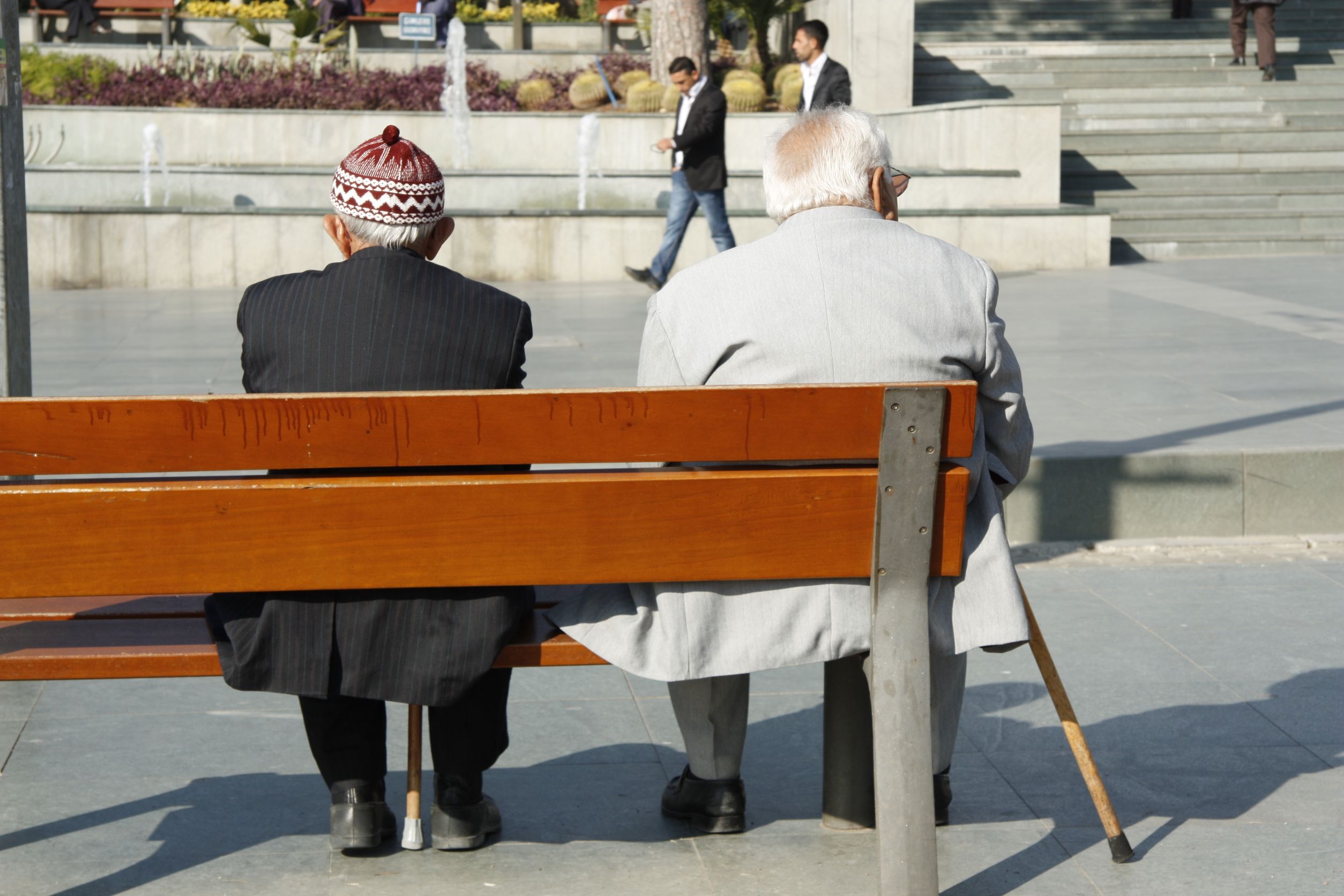Meer eenzaamheid bij ouderen met migratieachtergrond
Oudere migranten, met name Marokkaanse en Turkse ouderen, voelen zich eenzamer dan ouderen zonder migratieachtergrond. Die eenzaamheid is niet zo zeer het gevolg van sociale isolatie bij oudere migranten, want ze hebben wel degelijk sociale relaties. Toch ervaren ze meer eenzaamheid dan leeftijdgenoten zonder migratieachtergrond. Uit het onderzoek van Rowan ten Kate blijkt dat het een gevolg is van gevoelens van verlies naar het geboorteland en teleurstellende familierelaties.
Eenzaamheidsparadox
In Europa neemt het aantal ouderen in de bevolkingssamenstelling toe, ook ouderen met een migratieachtergrond. Eenzaamheid ontstaat wanneer iemands sociale relaties niet naar wens zijn en de wensen voor sociale relaties kunnen verschillen per cultuur. Het is daarom belangrijk te kijken naar welke aspecten van sociale relaties die eenzaamheid kunnen verklaren. De resultaten van het onderzoek van Rowan ten Kate bevestigen een paradox: eenzaamheid komt vaker voor onder oudere migranten dan onder ouderen zonder migratieachtergrond, terwijl hun sociale relaties niet zo sterk verschillen.

Verliesgevoelens en familierelaties
Een eerste verklaring hiervoor zijn migratie-specifieke aspecten die zorgen voor meer eenzaamheid, zoals verliesgevoelens naar het geboorteland. Gevoelens van verlies naar het geboorteland komen vaak voor onder migranten. Migranten met een hogere acculturatie hebben minder vaak verliesgevoelens, en sociale relaties in het land van immigratie beïnvloeden verliesgevoelens niet. Een tweede verklaring voor eenzaamheid onder oudere migranten is dat niet alle aspecten van sociale relaties als betekenisvol worden ervaren, wat bijdraagt aan meer eenzaamheid. Dit betreft sociale participatie in het land van immigratie, vooral voor migranten mannen. Tevens zijn familierelaties soms teleurstellend of zijn er hoge verwachtingen, vooral voor migrantenvrouwen.
Vriendschap
Tot slot zijn vriendschapsrelaties, vooral op basis van een gedeelde migratieachtergrond, een belangrijke beschermende factor tegen eenzaamheid. De bevindingen laten zien dat interventies tegen eenzaamheid aandacht nodig hebben voor wensen omtrent sociale participatie en het herkennen van eenzaamheid bij oudere migranten die niet sociaal geïsoleerd zijn.
Meer nieuws
-
17 februari 2026
Van ghostbuster tot rampenonderzoeker
-
03 februari 2026
‘Daar zit een goeie kop op’
-
20 januari 2026
Alcohol, appen en e-bikes
